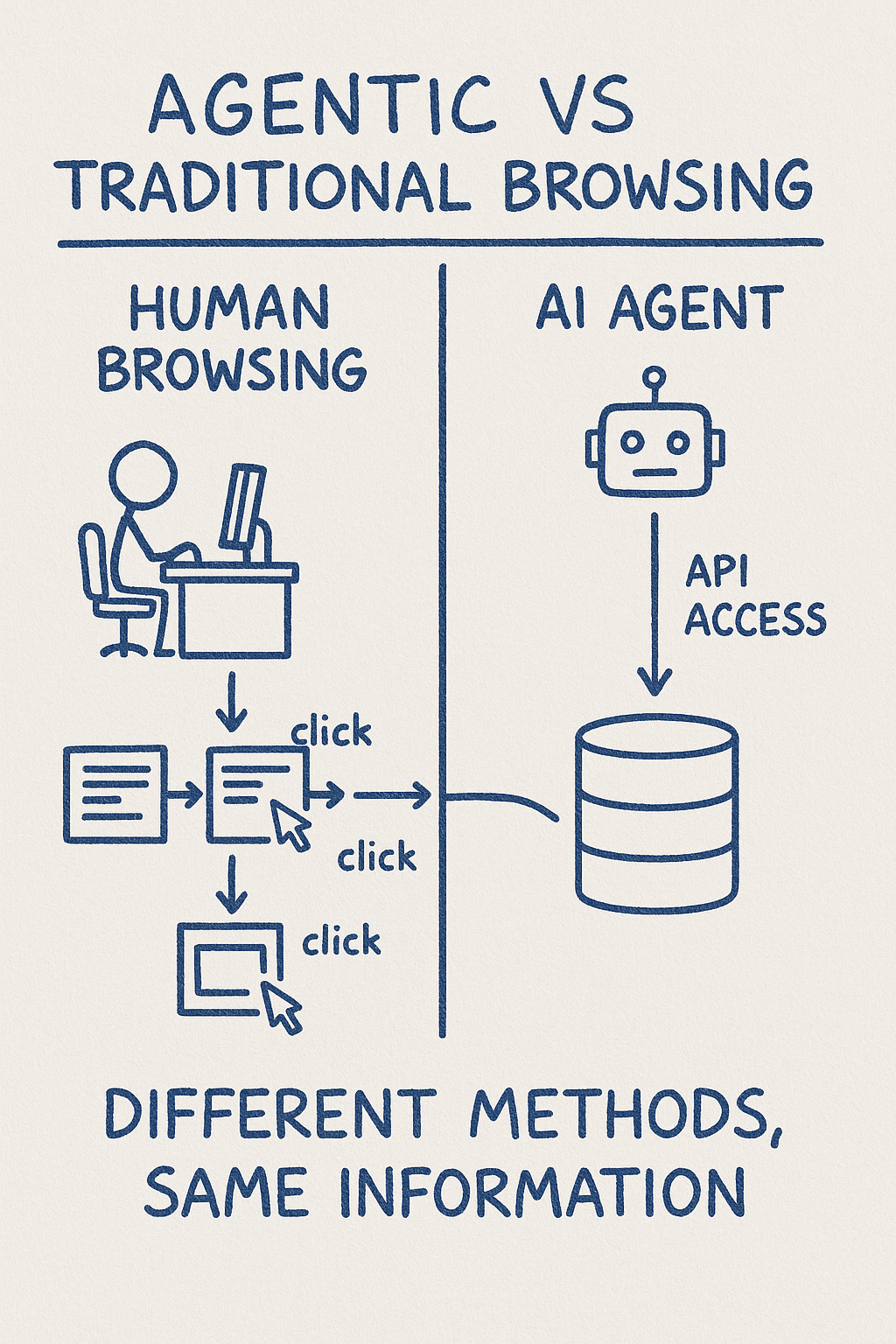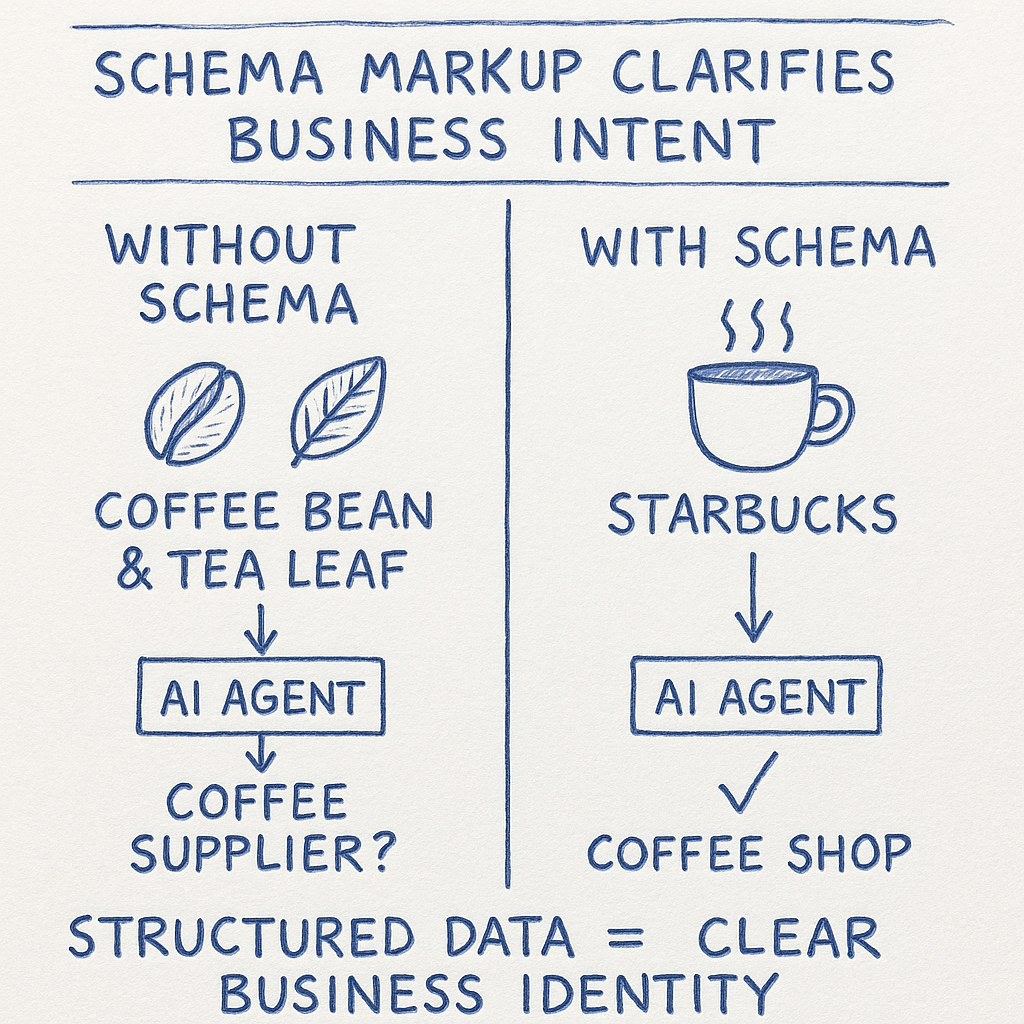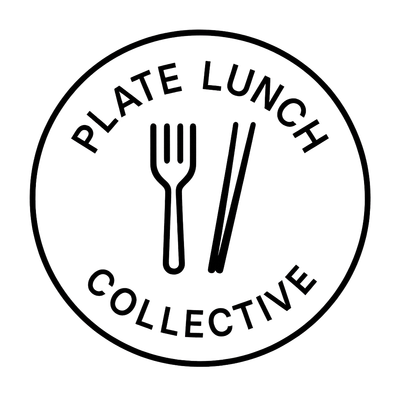The AI Browser Shift is Here: Why Hawaii Businesses Have a Unique Advantage

I'm sitting in my home office, staring out the window, watching the clouds bring the rain over from Kaneohe. My phone buzzes with a text from a client: “Does this mean that SEO really is dead now? It says these new AI browsers won't be using Google."
July 9th brought two major AI browser announcements, and my phone started buzzing from more clients with questions about whether or not their SEO was good. Would ChatGPT and Perplexity let them keep their Google rankings? And how exactly could they know if their websites, restaurants, food trucks, hotels and fitness businesses show up in these new answer engines? Would we have to create all new ChatGPT and Perplexity business accounts?
These are not the wrong questions to ask. And I am not saying that SEO is dead either. We are in the middle of an interface shift. Search is changing. But, we are prepared. We have been optimizing for the retrieval layer.
I published "Interfaces Are Temporary. Retrieval Is Forever" a few days ago—arguing that organizations should optimize for the underlying retrieval layer rather than chase interface trends. Watching this week unfold? It's like someone took that thesis, handed it a Red Bull and shouted, "Let's Go!"
We knew search was evolving. We were living it, wandering back and forth between AI desktop clients and browsers trying to find our perfect spot. But hoo boy, here we go.
What Makes Agentic Browsing Different?
I keep thinking about how people are latching onto the word "browser" in these announcements. Perplexity launches Comet, OpenAI's building their own browser, and everyone's thinking it's just Chrome with some AI features bolted on.
But "agentic" is doing all the heavy lifting here. Most people hear it as a modifier when it's actually the whole point.
These aren't browsers in the way we think about browsing. When Perplexity's Comet manages your tabs or when OpenAI's upcoming browser keeps you in a ChatGPT-like interface, these systems aren't clicking through menus like you would. They're accessing APIs, parsing structured data, talking directly to databases. They're removing the need to scroll and click for more and providing the answer directly.
For Hawaii businesses, this matters more than people realize. Some visitor asks an AI agent to plan their Maui vacation or find the best surf lessons on Oahu, that AI isn't browsing your website the way a human scrolls through pages. It's looking for structured information it can understand immediately. And more importantly use as part of its answer.

How Do You Teach AI What Your Business Does?
I've been testing this stuff for months, mostly because I wanted to prove it could work with the most challenging case I could think of - my own business name.
I chose Plate Lunch Collective as an homage to the Hawaiian Plate Lunch, knowing full well it would confuse search engines and AI systems. Could I make a name that obviously refers to a culturally significant 150-year-old food tradition work for a marketing consultancy? Could schema markup be powerful enough to overcome the obvious disconnect?
The AI kept lumping me in with local plate lunch spots like Queen Street Cafe💯 🔥, which honestly isn't the worst company to keep, but not exactly helpful for a marketing consultancy.
I had to tell Google, ChatGPT, Perplexity and Claude what Plate Lunch Collective really does. The words on my page weren't enough. I had to feed the machines. Meticulously documented my agency's existence, meaning and service types with schema. Hunted down citation sites and created profiles that said, "Yep, funny name, but forward thinking retrieval layer marketing agency and consultancy."
Within a week the AI "knew" exactly what Plate Lunch Collective was, a marketing agency and consultancy. Even Google Search started sorting itself out.

That same challenge is hitting every Hawaii business right now. Your beautiful website photos of your charter diving boat or your garlic shrimp food truck don't mean anything to an AI agent if it can't understand that you offer snorkeling tours or the best roadside plate lunches on island. The AI needs structured data that clearly identifies what you do, where you operate, and how visitors can find or book with you.
Why AI Agents Matter for Business Discovery
This shift is happening whether we're ready or not. AI agents are becoming how people access information, and the businesses that work seamlessly with these systems are going to thrive. The ones that don't will watch potential customers get directed somewhere else.
For Hawaii's hospitality businesses, this gets critical fast. AI agents helping mainland visitors plan their island vacations will recommend businesses they can understand and interact with. A Kona coffee farm with proper schema markup gets recommended over one with beautiful photos but unstructured data.
Here's what I'm seeing though. We've already figured this out. The infrastructure exists. The standards are established. This isn't about rebuilding everything from scratch.
Hawaii businesses have a real advantage here. Millions of visitors have documented our local spots over decades, so most Hawaii businesses already exist in the AI knowledge base. The challenge isn't getting noticed, it's making sure AI agents understand exactly what you do and what you offer.
Schema markup solves this. You can use a WordPress or Shopify plugin, but honestly, a little human oversight works better than automation.
Tourism businesses are perfect for AI agents. Visitors come here with specific intent: they want snorkeling in Hanauma Bay, helicopter tours over Haleakala, luaus in Waikiki. They care about walking scores, beach proximity, specific amenities. AI agents excel at matching this clear intent to specific businesses that can deliver.
While mainland businesses compete in fuzzy markets with unclear customer intent, Hawaii hospitality serves visitors with crystal-clear goals: they want authentic island experiences they can't get anywhere else. AI agents recommending Hawaii vacations aren't deciding between abstract services—they're matching specific activities to specific locations. The business that can tell an AI agent "Yes, we do sunrise tours at Haleakala, here's our availability, here's how to book" wins.
This isn't just about tourism businesses. Local service companies like plumbers, accountants, fitness trainers, contractors are all facing the same challenge. This article focuses on agentic browsers, but ChatGPT and Perplexity are getting integrated into voice assistants and search engines everywhere. When someone asks their phone for a local contractor or asks Alexa for the best CPA on Oahu, how can AI recommend you if it doesn't understand what you do?
Ready to Get AI-Agent Ready?
We're not scrambling to catch up because we saw this coming. The Hawaii businesses we work with aren't just preparing for today's AI browsers, they're building systems that can adapt to whatever comes next.
The future belongs to organizations that optimize for the retrieval layer. That's why Plate Lunch Collective is all in. In Hawaii's competitive business landscape, being first to this optimization could mean the difference between thriving and watching visitors get directed to your competitors.
If you're curious about how these new AI browsers might be answering questions about your business, we'd be happy to talk it through with you.
Frequently Asked Questions
Q: What exactly is agentic browsing and how is it different from regular browsing?
A: Agentic browsing means AI agents perform tasks autonomously on your behalf, rather than you manually clicking through websites. When you ask Perplexity's Comet to find the best helicopter tours on Kauai, it's accessing structured data and APIs directly, not browsing websites like a human would.
Q: Do I need to completely rebuild my Hawaii business website for AI browsers?
A: No. You need to add structured data (schema markup) so AI agents can understand what you offer. Your charter diving boat website can keep its beautiful photos, but needs schema that tells AI systems "We offer snorkeling tours in Hanauma Bay, here's our booking info."
Q: How do I know if AI systems understand my Hawaii business?
A: Test it. Ask ChatGPT, Perplexity, or Claude about your business specifically. If they can't accurately describe your services or confuse you with something else, you need better structured data.
Q: Are AI browsers the same as voice assistants like Alexa or Siri?
A: Not exactly. Voice assistants are agentic (they act for you) but don't browse websites. When you're at the beach with sandy hands and ask "Hey Siri, where is the closest and highest rated happy hour near me?" - that's agentic, but not browsing. AI browsers like Comet can both browse websites AND access structured data directly. If you only optimized for voice search, you're not fully ready for agentic browsing.
Q: How can I track how my Hawaii business appears in AI browsers?
A: Traditional analytics don't track AI interactions yet, but we've been using tools like Hall to monitor how AI systems engage with our clients' content. I covered the full landscape of AI monitoring tools in my "Interfaces Are Temporary" piece. Most AI browsers are still launching, so comprehensive tracking is limited, but we're already helping clients set up proper AI analytics as these tools mature.
Q: What's the biggest mistake Hawaii businesses are making with AI?
A: Assuming their website content is enough. AI agents need explicit, structured information about what you do, where you operate, and how to book with you. Beautiful visuals don't help if the AI can't parse your actual services.


Member discussion